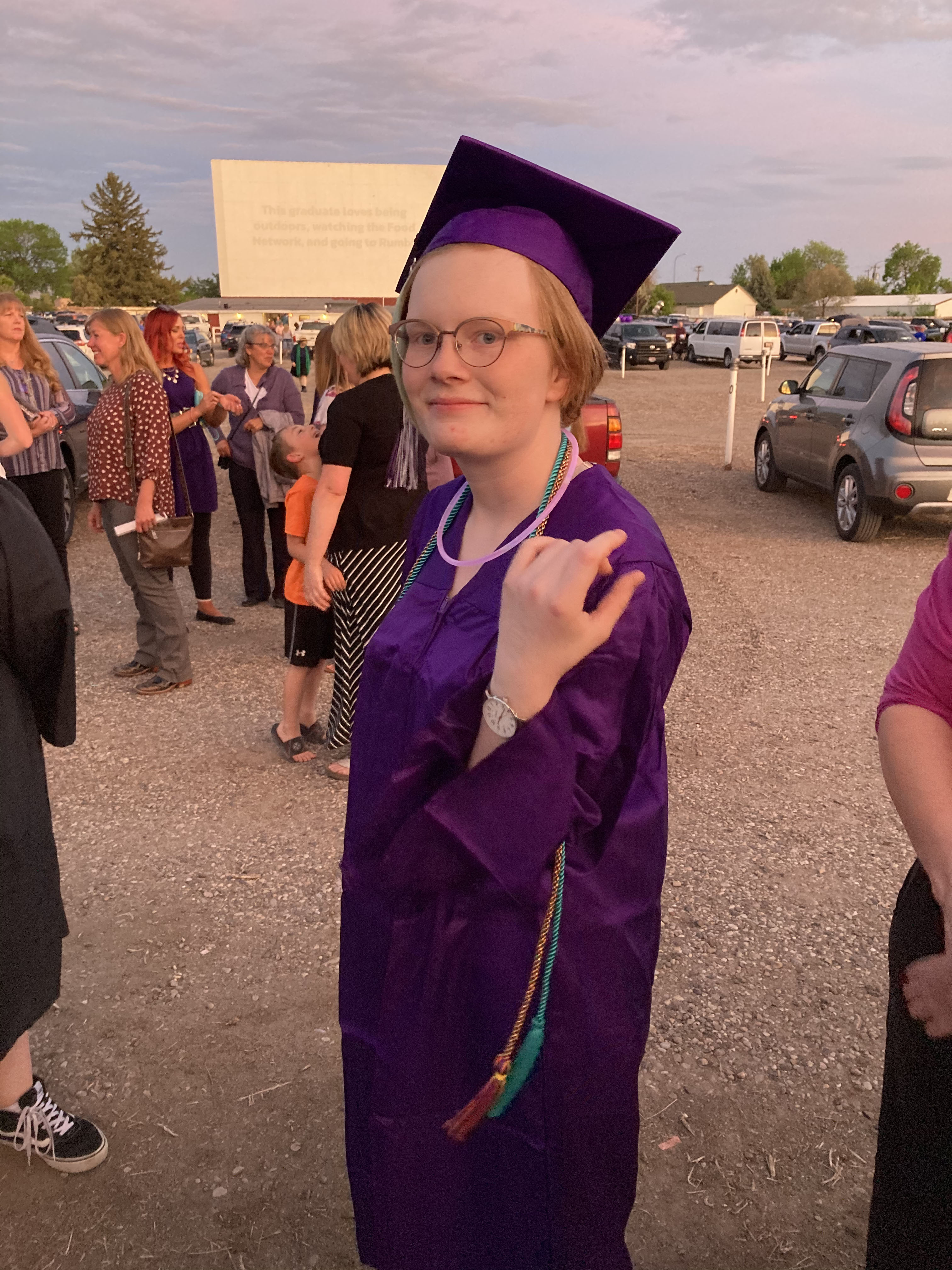The Longest Journey
Contact
University of Arkansas System Division of Agriculture
Cooperative Extension Service
2301 S. University Ave.
Little Rock, AR 72204

The Longest Journey
Last week I wrote of chert, the rock that carved the Buffalo River. A few days later Whinny and I came close to drowning in that very river. It was my fault. I’d read the book and seen “The Call of the Wild” movie, so what could be better than my dog and me heading off into the river to begin our grand adventure?
My son Joe has an annual Memorial Day weekend camping trip along the Buffalo, so this year I was there with my new camper van and ready to go. But of course it had rained and the river was up, but by float day it was at a “moderate” level. However, I hadn’t been in a canoe for more than two decades and, despite what my head tells me, I’m not as spry as I once was. Whinny had even less canoe experience than me. None.
It’s all about balance, so a dog going from side to side, looking like he might try to jump free at any moment, left the woefully inexperienced oarsman scrambling to keep the ship afloat and headed down river. I wasn’t up to the task. Into the water we went, with poor old Whinny trapped under the canoe. This sorry experience was repeated a second time, with both sons — Jeff and Joe — called to rescue us from my own kind of special stupidity. Wet and cold, we survived with a valuable lesson learned about hubris.
By the next morning when we pulled away from the campsite, my toes had finally warmed and we were off for Idaho. The 1,500 mile trip was an easy one, broken into three equal parts. Across Missouri to St. Joseph we started up Nebraska’s Platt River valley, following the original route of the Oregon Trail and those hardy souls who settled our western states in the 1840s and ‘50s. Instead of 20 miles a day like the pioneers in their ox drawn wagons, I crossed the state in less than a day.
As a native son of the prairies, I’ve always found open, rolling country beautiful. The horizon disappears into the distance and you can watch weather develop, not show up in the treetops around your house as a fully formed storm.
Part of the allure to the Great Plains is a new appreciation for the vast amount of un-peopled space we have in America. Pull up a night sky map on the internet and look for the dark spaces on the map. Places where there are no night lights have few people. We do like to leave our campfires burning at night to chase away the gloom, so the peopled spaces shine bright.
The things we do to make money from the land are extractive in nature. Farming, forestry, mining and oil drilling are all obvious extractors of wealth. Transfer something tangible and real, like the nutrients in the soil, into a form that has value like corn or grass to feed a cow calf operation, and you have the foundation for our economic system. And part of the extraction process is the flow of wealth from the dark places on the night sky map to the brightly lit places.
As our society has expanded and grown the process of extraction has not changed, but the ruthless efficiency with which this extraction has proceeded is stunning. What used to require a hundred pair of hands was reduced to 10 and is now progressing rapidly to one pair. With this ever-increasing efficiency, we see fewer people on the land, so those campfires in the night become fewer and farther apart. As the singing postman, the late John Prine, told us in his song about Paradise: “Mr. Peabody’s coal train done hauled it away.” I think of these things as I see the beautiful, but largely empty spaces open up in front of me.
My destination for the first leg of my trip is the high school graduation of my oldest granddaughter, Lola. It was a pleasant open-air event where we sat in lawn chairs and enjoyed the evening air while remaining socially distant and watching things unfold before us on the big screen. Hers was the first and only graduation I’ve attended at a drive in movie theater with a nice up-close-and-personal fireworks display. These and all the 2021 graduates will take their place in our tumultuous society and, if fortune smiles, make ours a better world for all.
